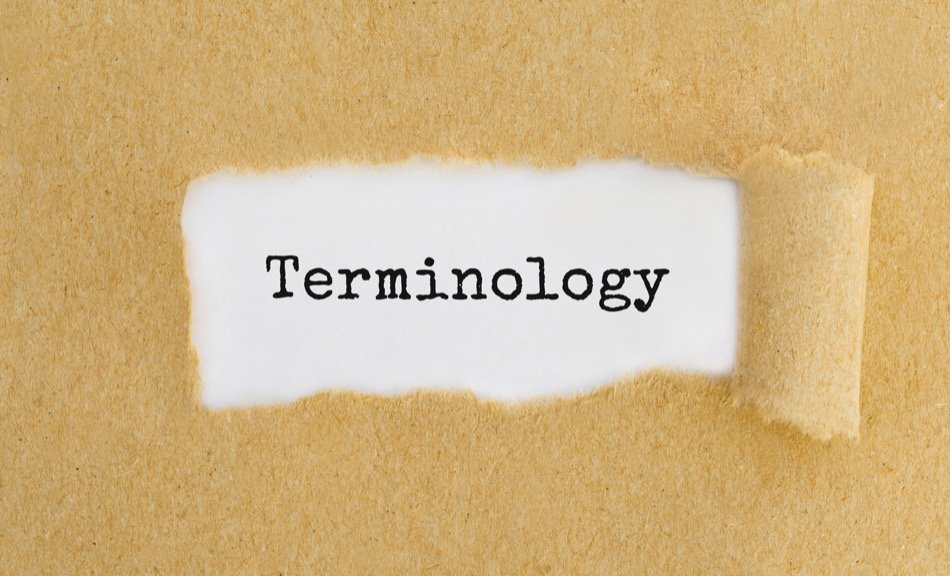Buying a Home? Learn These Terms
Posted by Justin Havre on Tuesday, September 10th, 2019 at 8:56am.
 Buying a home is an uncommon experience for most people. As a result, many people are unfamiliar with the terms and phrases that industry professionals use. This glossary of real estate terms can help you understand some of the most common words that get used in the process of purchasing a home.
Buying a home is an uncommon experience for most people. As a result, many people are unfamiliar with the terms and phrases that industry professionals use. This glossary of real estate terms can help you understand some of the most common words that get used in the process of purchasing a home.
Mortgage
A mortgage is a loan to a home buyer to help them purchase their house. Most people need a mortgage because they don't have the full amount of money required to buy a house.
Mortgages last 5 years. At the end of the 5 year period, unless the mortgage has been fully paid off, the homeowner must refinance and get a new mortgage. Many homeowners take 25 years to repay their loan. If a homeowner decides to move to another house before the home is paid off, the loan is portable and may be applied to a new property.
Appraisal, Appraiser, and Appraised Value
Before a bank will loan a homeowner money for a property, the bank will require the homeowner to get an appraisal. An appraisal assists in determining a home's market value. If the home appraises for less than the offer the home buyer has made to purchase the home, the bank will not fund the loan. Under these conditions, the offer must be renegotiated.
Appraisals are conducted by appraisers. The appraised value is the value of the home as determined by the appraiser.
Down Payment and Closing Costs
Homeowners must put down money on a home before they are allowed to borrow. The money put down is referred to as the down payment. For homes less than $500,000, the down payment is 5%. If the home is $500,000 or over, the down payment is 5% for the first $500,000, and 10% for anything over $500,000. Homes $1,000,000 and over require a down payment of 20%.
Closing costs are the administrative and legal fees that the home buyer must pay in order to purchase a home. Closing costs are paid for at the end of the home buying transaction. Closing costs are separate from the down payment, and usually include payments to lawyers, local government agencies and other entities that were involved in the purchase of the home. Closing costs vary depending on where the home is being sold and other factors, but in general, closing costs can be as high as 5% of the price of the home.
Interest
Interest is an amount that a lender charges to a borrower for the privilege of borrowing the money. Interest is added to the mortgage and impacts the final cost to the borrower. People who have good credit generally get better interest rates. The higher the interest rate, the more expensive the loan is to the borrower.
Earnest Money Deposit
When a home buyer makes an offer on a home, they put down an earnest money deposit. The earnest money deposit is usually a percentage of the price of the home. Earnest money is held throughout the course of the home buying process, and when the purchase closes, the earnest money deposit is applied to the closing costs. If the home buyer backs out of the home purchase after they've locked in a contract, they could lose their earnest money deposit.
Contact Your Real Estate Professional
If you're a North Calgary home buyer who is hoping to purchase a home soon, contact a real estate professional. Your real estate agent can teach you all the terms used in the industry, and can also help walk you through the home purchase process. Get started by contacting real estate agents in your area today.

